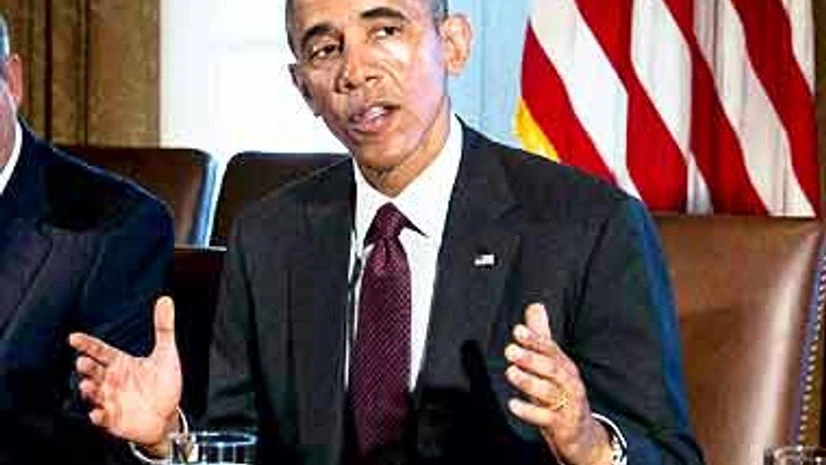The US will continue to fly, sail and operate wherever international law allows, and will support the right of all countries to do the same, President Barack Obama has said, as he called for "tangible steps" to reduce tensions in the South China Sea.
"We discussed the need for tangible steps in the South China Sea to lower tensions, including a halt to further reclamation, new construction and militarisation of disputed areas," Obama said yesterday at the end of the two-day US-ASEAN Summit in Sunnylands, California.
"We will continue to help our allies and partners strengthen their maritime capabilities, and we discussed how any disputes between claimants in the region must be resolved peacefully, through legal means, such as the upcoming arbitration ruling under the UN Convention of the Law of the Seas, which the parties are obligated to respect and abide by," Obama said.
More From This Section
"Freedom of navigation must be upheld, and lawful commerce should not be impeded. I reiterated that the United States will continue to fly, sail and operate wherever international law allows, and we will support the right of all countries to do the same," Obama said.
He said one of his main messages over the past two days has been the commitment of the US to ASEAN and its people.
That commitment is and will remain strong and enduring, he added.
"With our strategic partnership, we have a framework to guide our ties for decades to come. Here at Sunnylands, we agreed to a number of key principles, including the principle that ASEAN will continue to be central, in fact indispensable, to peace, prosperity and progress in the Asia Pacific," Obama said.
"When ASEAN speaks with a clear, unified voice, it can help advance security, opportunity, and human dignity, not only for the more than 600 million people across ASEAN, but for people across the Asia Pacific and around the world. And I'm pleased that here at this summit, ASEAN's strong voice allowed us to make progress on multiple fronts, the President said.
The summit agreed to do more together to encourage the entrepreneurship and innovation that are at the heart of modern competitive economies, he added.

)
